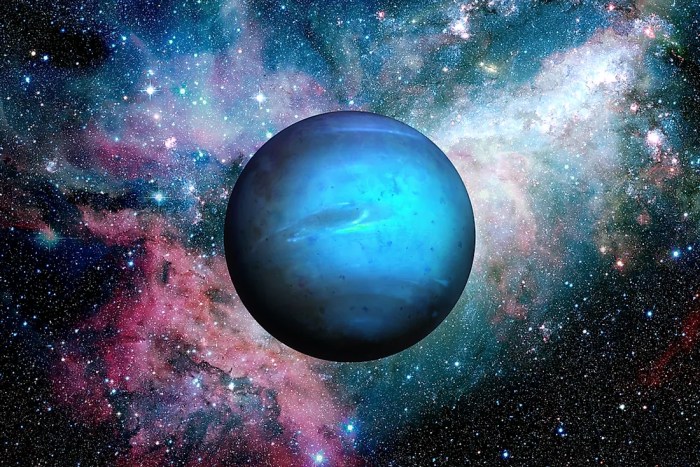Neptune: Roman God of the Sea Crossword Clue embarks on a captivating journey into the realm of Roman mythology, unraveling the enigmatic figure of Neptune, the formidable ruler of the vast and untamed seas.
Delving into the depths of Roman history, this narrative unveils Neptune’s pivotal role as the guardian of the watery domain, his tempestuous nature, and his enduring legacy in art, literature, and beyond.
Overview of Roman Sea Gods
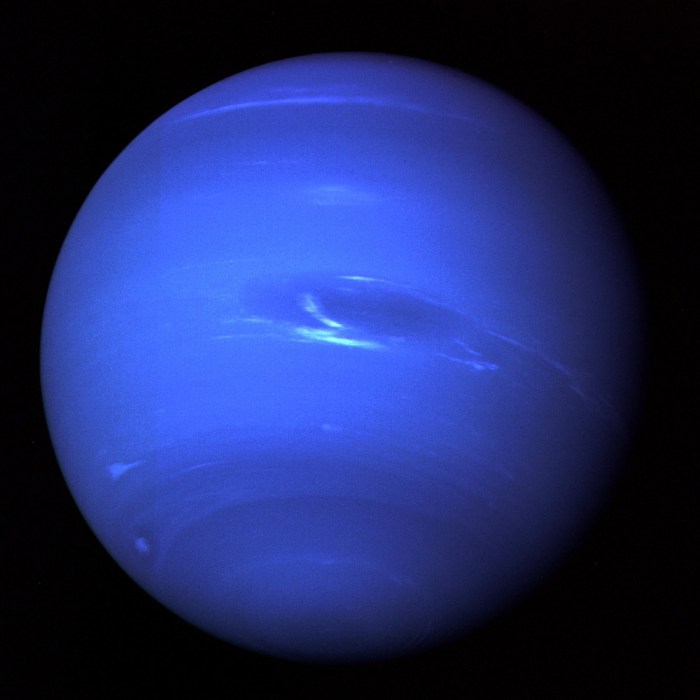
In Roman mythology, the gods of the sea played significant roles in the lives of the people. They were responsible for controlling the oceans, rivers, and lakes, and were often invoked for protection and guidance by sailors and fishermen.
The most important Roman sea god was Neptune, who was identified with the Greek god Poseidon. Neptune was the god of the sea, earthquakes, and horses. He was often depicted as a bearded man with a trident, and was said to live in a palace beneath the waves.
Other Roman Sea Gods
In addition to Neptune, there were a number of other Roman sea gods, including:
- Salacia: Neptune’s wife, goddess of the sea.
- Nereus: A wise old man of the sea, father of the Nereids.
- Thetis: A sea nymph, mother of Achilles.
- Glaucus: A sea god who was half-man and half-fish.
- Triton: Neptune’s son, a merman who blew a conch shell to calm the waves.
Neptune: Roman God Of The Sea Crossword Clue

Neptune was the Roman god of the sea, earthquakes, and horses. He was often depicted as a bearded man holding a trident, a three-pronged spear.
Neptune was the son of Saturn and Ops, and the brother of Jupiter and Pluto. He was married to Salacia, the goddess of the sea, and had many children, including Triton, the god of the sea-trumpet, and Proteus, the god of shape-shifting.
Relationship with Other Gods and Mortals
Neptune was a powerful god, and he was often feared by mortals. He was said to be able to cause earthquakes and storms, and he was often invoked by sailors for protection.
Neptune had a close relationship with Jupiter, the king of the gods. He was also said to be a friend of Apollo, the god of music and poetry, and Bacchus, the god of wine.
Neptune was not always kind to mortals. He was said to have been responsible for the death of many sailors, and he was also said to have caused the Trojan War.
Other Roman Sea Gods
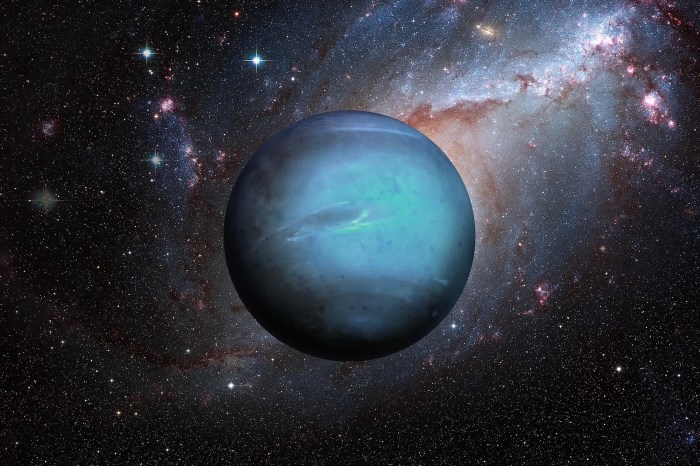
Neptune was not the only Roman sea god. Several other deities presided over various aspects of the marine realm.
These lesser-known sea gods had specific domains and powers, contributing to the rich mythology surrounding the Roman sea.
Glaucus
Glaucus was a minor sea god associated with prophecy and the ability to communicate with marine creatures.
Legend has it that he was originally a mortal fisherman who consumed a magical herb, transforming him into a sea deity with the tail of a fish.
Triton
Triton, Neptune’s son, was a powerful sea god often depicted as a merman with a conch shell.
He was responsible for calming storms, guiding ships, and communicating his father’s will to other sea creatures.
Salacia
Salacia, Neptune’s wife, was the goddess of the sea and saltwater.
She was believed to control the tides and protect seafarers from storms and shipwrecks.
Portunus
Portunus was the god of harbors and keys, ensuring the safe passage of ships into and out of ports.
He was often depicted with a key and a dolphin, symbolizing his control over both the sea and the land.
Venilia, Roman god of the sea crossword clue
Venilia was the goddess of the winds and waves, presiding over the turbulent forces of the sea.
She was believed to have the power to summon and control storms, making her both revered and feared by sailors.
Nereus
Nereus, the eldest son of Pontus (the sea) and Gaia (the earth), was a wise and prophetic sea god.
He had the ability to foresee the future and was often consulted by other gods and mortals seeking guidance.
Doris
Doris, Nereus’ wife, was a sea nymph and the mother of the fifty Nereids, who personified the waves and currents of the sea.
She was often depicted as a beautiful and graceful figure, riding upon the waves.
Oceanus
Oceanus, the personification of the world-encircling river, was the father of all rivers and seas.
He was considered a primordial deity, representing the boundless and eternal nature of the ocean.
Tethys
Tethys, Oceanus’ wife, was the goddess of freshwater springs and rivers.
She was believed to have the power to purify and heal with her waters, making her a symbol of fertility and life.
Cultural Impact of Roman Sea Gods
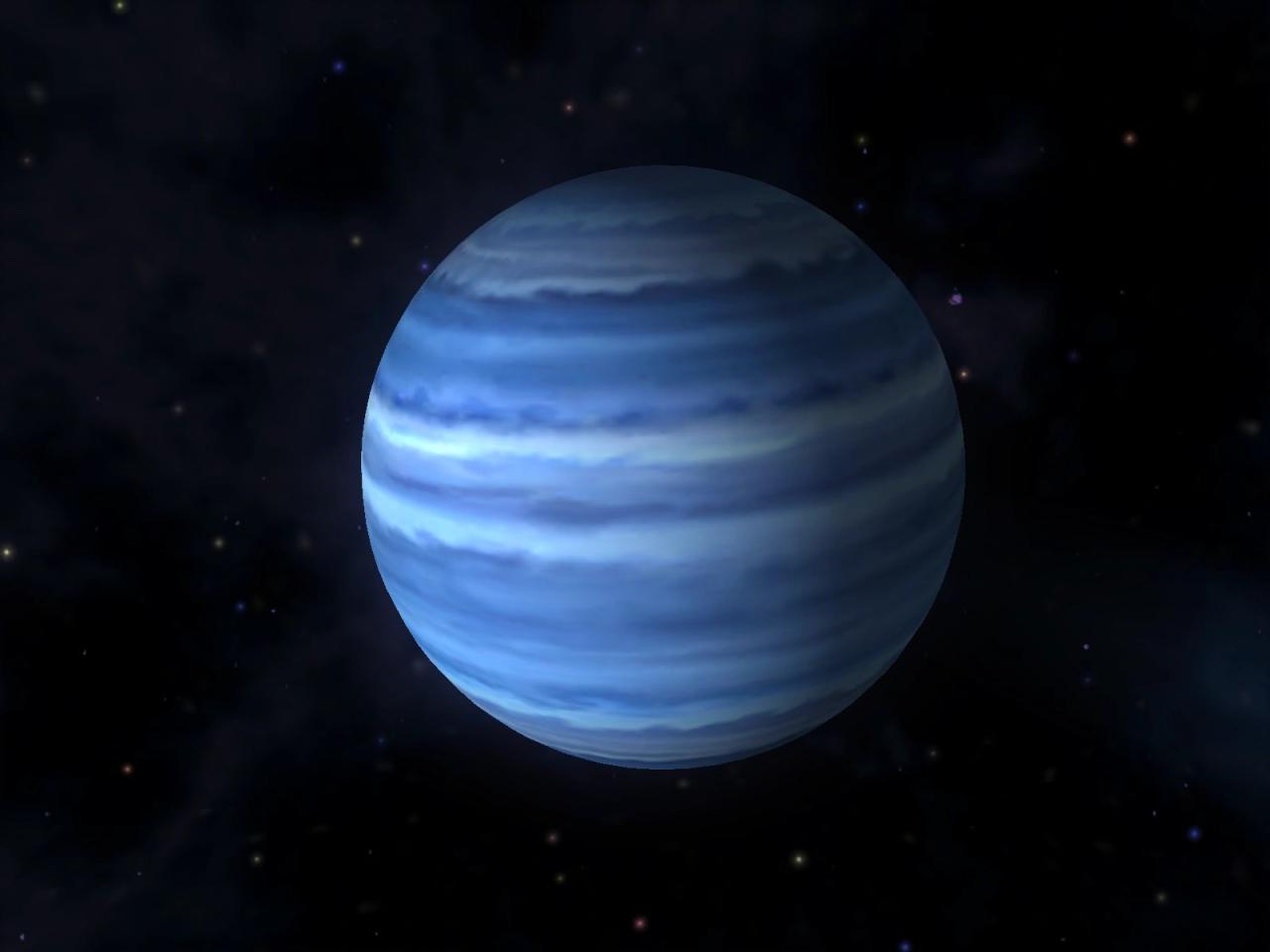
Roman sea gods played a significant role in Roman culture, influencing art, literature, and religion. Their depictions varied depending on the specific god and the context in which they were portrayed.
Depictions in Art
In art, Roman sea gods were often depicted as powerful and majestic figures. Neptune, the god of the sea, was frequently shown as a bearded man with a trident, riding a chariot drawn by seahorses. Other sea gods, such as Oceanus and Nereus, were also depicted in a similar manner.
Mosaics and sculptures of Roman sea gods were common decorative elements in Roman baths and other public spaces. These depictions often showcased the gods’ association with water, fertility, and abundance.
Influence on Literature
Roman sea gods also featured prominently in Roman literature. Virgil’s epic poem “The Aeneid” includes Neptune as a major character, who intervenes in the Trojan War on behalf of the Trojans. Ovid’s “Metamorphoses” contains several stories involving sea gods, including the tale of Scylla and Charybdis.
Roman poets and writers often invoked sea gods in their works, using them as symbols of power, danger, and the unpredictable nature of the sea.
Religious Significance
In Roman religion, sea gods were worshipped as protectors of sailors and fishermen. Neptune was the patron deity of the Roman navy, and his temple in Rome was a popular destination for sailors seeking divine favor.
Other sea gods, such as Salacia and Portunus, were also worshipped for their ability to ensure safe passage at sea and protect against storms and shipwrecks.
Neptune in Popular Culture
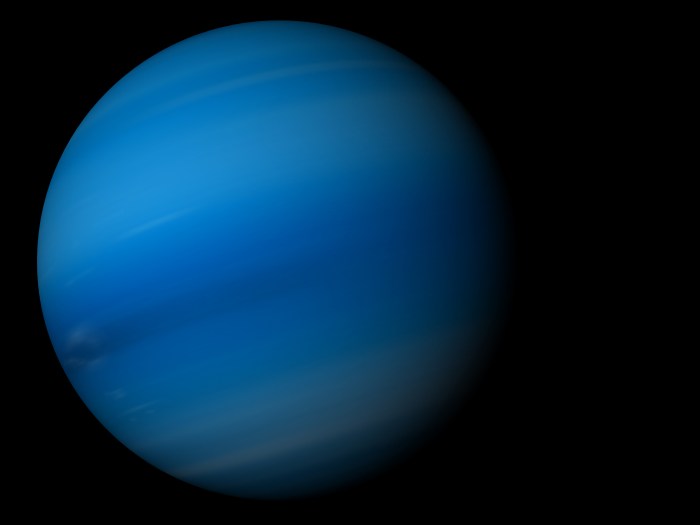
Neptune, the Roman god of the sea, continues to be a prominent figure in modern media. His presence can be seen in various forms, including literature, film, television, and video games.
Neptune is often portrayed as a powerful and majestic figure, with a commanding presence and a deep connection to the ocean. His trident, a three-pronged spear, is a symbol of his authority over the sea and its creatures.
Neptune in Literature
- In Homer’s Odyssey, Neptune appears as a wrathful god who punishes Odysseus for blinding his son, Polyphemus.
- In Virgil’s Aeneid, Neptune calms the stormy seas to allow Aeneas and his followers to reach Italy.
- In Shakespeare’s The Tempest, Neptune is invoked by Prospero to raise a storm and punish his enemies.
Neptune in Film and Television
- In the 1961 film Atlantis, the Lost Continent, Neptune is portrayed as a benevolent god who protects the underwater city of Atlantis.
- In the 1997 Disney animated film Hercules, Neptune is depicted as a jovial and somewhat bumbling figure.
- In the television series Rome, Neptune is portrayed as a powerful and enigmatic god who plays a significant role in the political and military events of the Roman Republic.
Neptune in Video Games
- In the video game series God of War, Neptune is a powerful boss who must be defeated by the protagonist, Kratos.
- In the video game Smite, Neptune is a playable character who wields a trident and can control the powers of the sea.
- In the video game Pokémon, the water-type Pokémon Kyogre is based on Neptune and is said to be able to control the seas.
Neptune’s enduring popularity in popular culture is due to his association with the ocean, a vast and mysterious realm that has always fascinated humans. He represents the power and beauty of the sea, as well as the dangers that lurk beneath its surface.
Helpful Answers
Who is Neptune in Roman mythology?
Neptune is the Roman god of the sea, earthquakes, and horses.
What is Neptune’s symbol?
Neptune’s symbol is a trident, a three-pronged spear.
What is Neptune’s wife’s name?
Neptune’s wife is Salacia, the goddess of saltwater.
